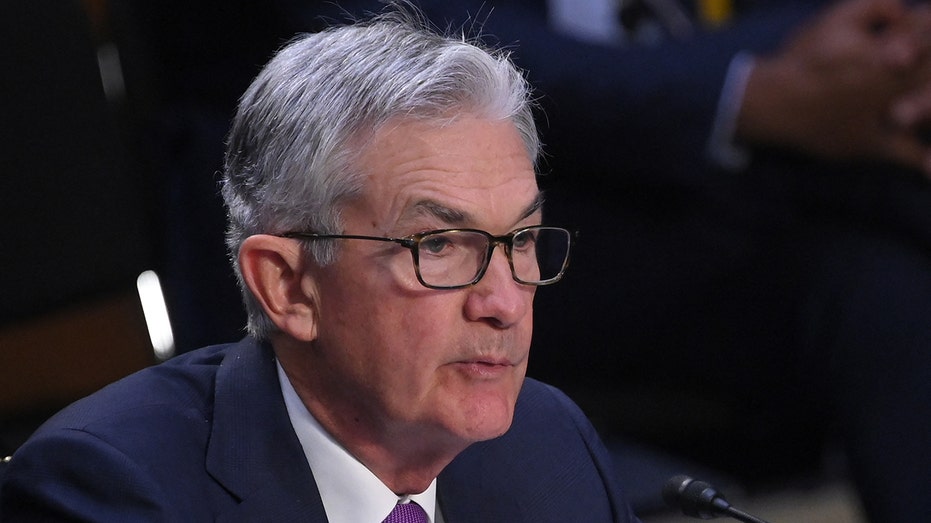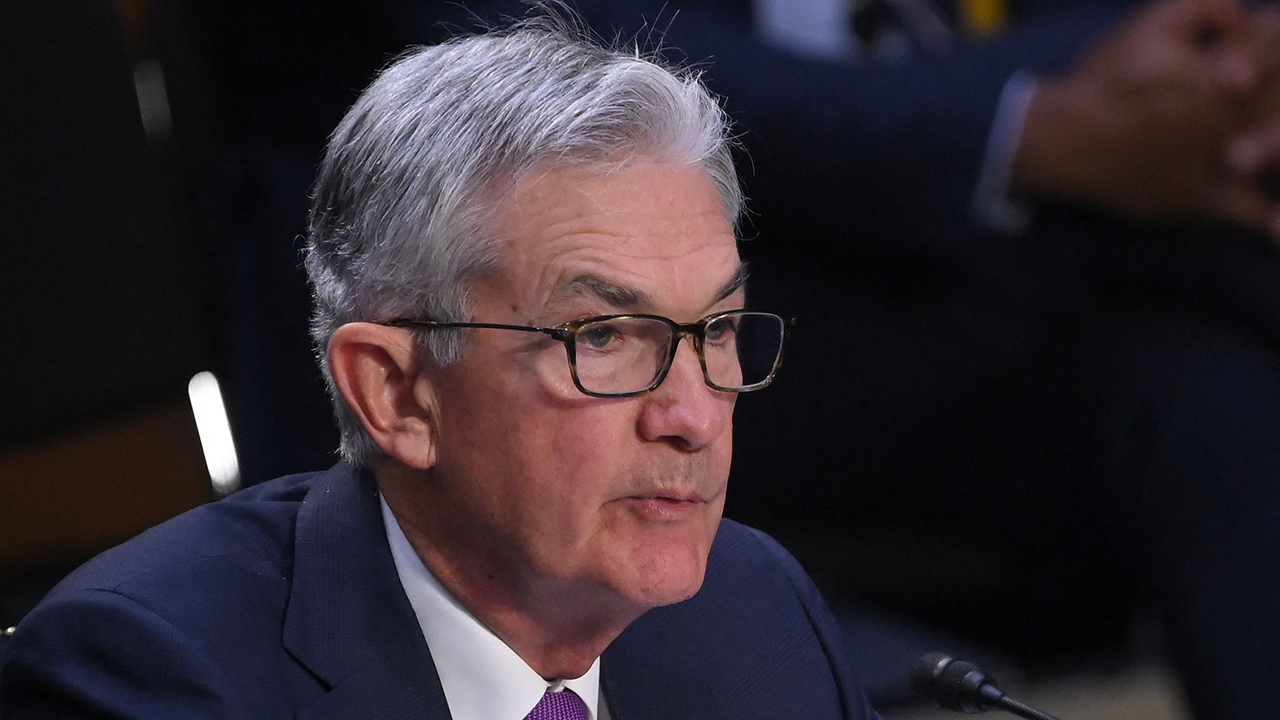Powell is here to stay. Is inflation?
Leaving Federal Reserve chairman in place means policy will stay on its exceptionally easy course
Fox Business Flash top headlines for November 22
Check out what's clicking on FoxBusiness.com.
Markets climb a wall of worry, and the renomination of Jerome Powell as Federal Reserve chairman takes away one important uncertainty.
It was possible that President Joe Biden would pick Lael Brainard, who was nominated as Mr. Powell’s deputy instead, and her approval process might have hit trouble in the Senate. By leaving Chairman Powell in charge that worry was removed, meaning policy stays on its previous, exceptionally easy, course.
The market response to taking away a risk is easy to predict. Stocks and other risky assets go up, and bonds, gold, and other safer assets go down. So it was, if not to a huge extent. How prices react is one way to define an asset, and on this basis bitcoin is a risk asset, since it jumped while gold fell.
BIDEN TAPS JEROME POWELL FOR SECOND TERM AS FED CHAIR, SPURNING PROGRESSIVES

Federal Reserve Chairman Jerome Powell speaks during a Senate Banking, Housing and Urban Affairs Committee hearing on the CARES Act, at the Hart Senate Office Building on September 28, 2021 in Washington, DC. (Photo by MANDEL NGAN/AFP via Getty Image
It is unlikely that senators will stop Mr. Powell. True, progressives dislike him, despite his focus on inequality and full employment and his dropping of predicted inflation as the main determinant of monetary policy. And Donald Trump had a very public falling out with Mr. Powell, albeit for raising interest rates, something the Fed has now reversed. But Mr. Powell was backed by a solid majority last time, and rejecting a mainstream pick for Fed chair would upset Wall Street without helping Main Street.
The market will now get back to its main preoccupation: is Mr. Powell right to think that inflation is transitory? If he is, there is an important secondary issue: will the economy be strong enough to allow rates to return to something like normal over the next few decades?
At the moment investors are answering yes, it will be transitory, and no, the economy won’t be strong enough to raise rates back to normal.
CONGRATULATIONS, JEROME POWELL. INFLATION MUST BE YOUR TOP PRIORITY NOW
The bond market is priced for inflation to average more than 3% over the next five years, well above the Fed’s 2% target. But most of that is in the very near term, with inflation expected by investors to moderate back to the goal in the following five years, as the economy returns to its pre-pandemic normal of low growth.
Investors are betting that the economy won’t grow strongly enough to support much of a rise in real, after-inflation interest rates in the long run. The yield on Treasury inflation-protected securities for the next 30 years hit its lowest in data back to 2010 earlier this month, and remains negative—implying rates below inflation for decades to come.
CLICK HERE TO READ MORE ON FOX BUSINESS
Whether this is right or wrong isn’t in the gift of Mr. Powell. But by the time those bonds mature we will know whether his Fed managed the difficult trick of preventing the current inflation becoming entrenched far above target while avoiding the usual Fed mistake of slowing the economy too much in an attempt to bring inflation back down.




















